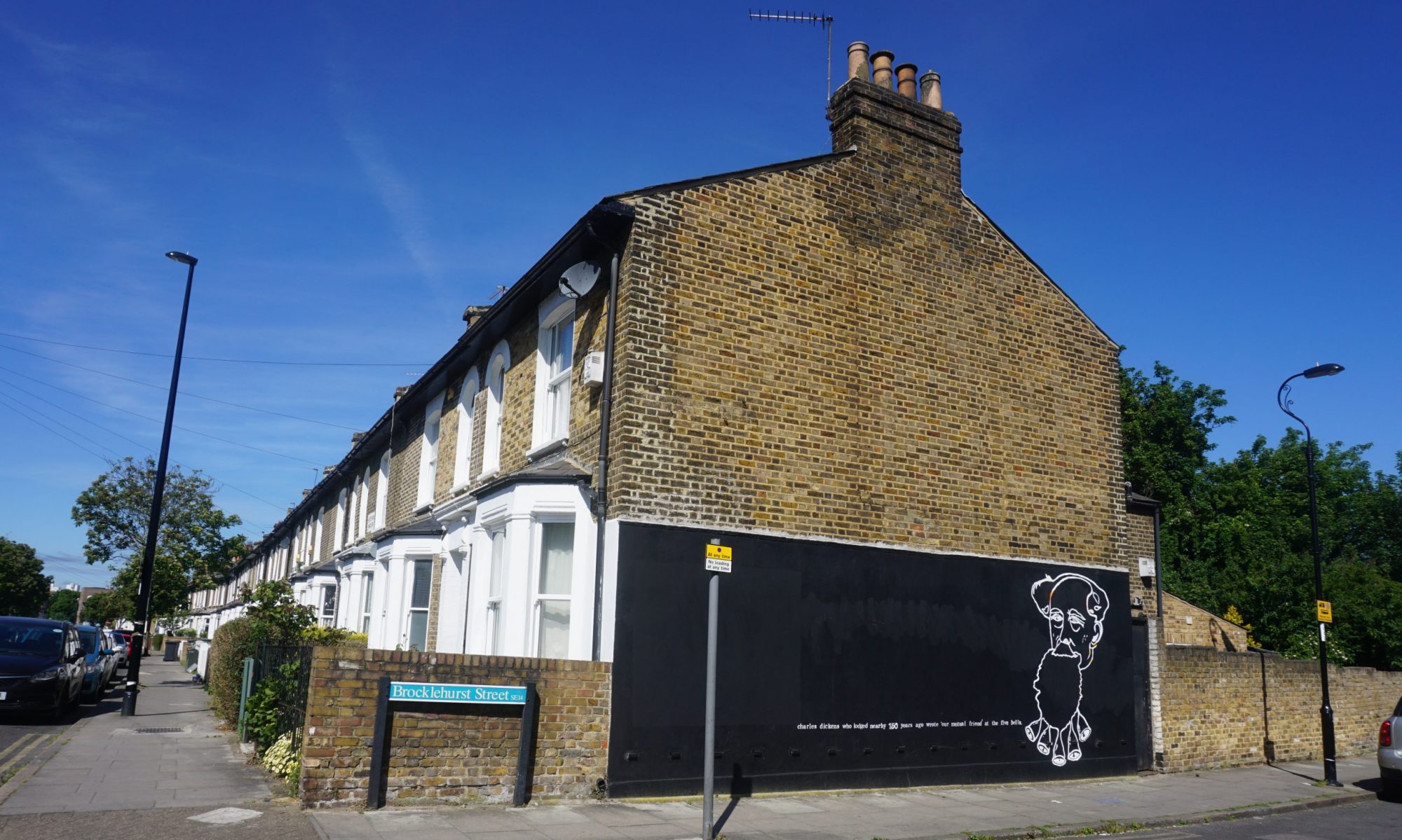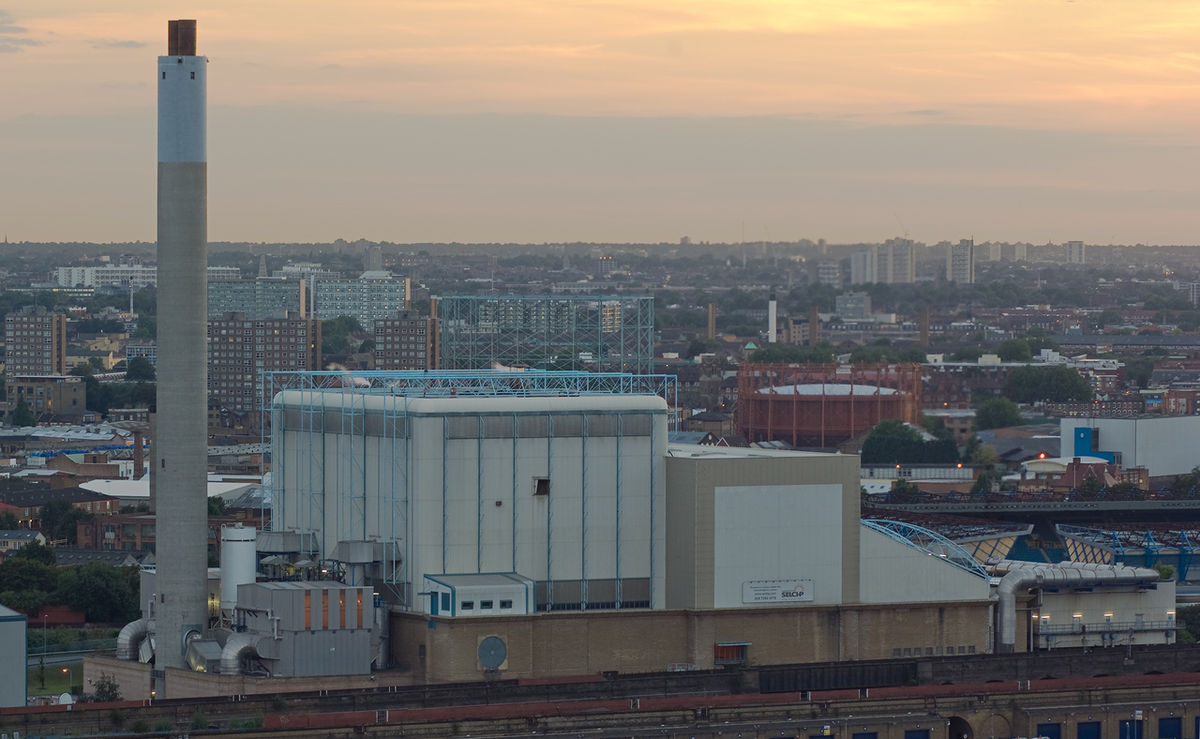Change doesn’t come from world leaders offering piecemeal pledges from a sprawling compound in Glasgow. Change has to come from a local level, from the home, and by us shunning our own environmentally destructive behaviours.
Lewisham council published their draft waste management strategy in the summer. This might not seem like a particularly important document but it’s going to act as the blueprint of how they manage their waste in the borough for the next 10 years. TEN YEARS. It’s local changes like this which has the most impact on our lives and our immediate environment, not COP26.
Responding to strategies like this is crucial in ensuring locals get a say on how the borough tackles the climate crisis. Waste is intrinsically linked to climate , especially in Lewisham where our waste is incinerated within the borough at the South East London Combined Heat & Power Ltd (SELCHP).
You can read Lewisham’s draft strategy here: https://consultation.lewisham.gov.uk/corporate-policy-and-governance/waste-strategy-consultation/user_uploads/draft-waste-strategy.pdf
Our response:
The Hatcham Society
Response: Waste Management Strategy Consultation 2021
Dear Sir or Madame,
Please find below the Hatcham Society’s response to the Waste Management Strategy Consultation for Lewisham. Hatcham is a small conservation area mostly situated behind New Cross Gate station, but some of our members live on the eastern side of New Cross Road.
Introduction
The Hatcham Society recognises that we are living through a Climate Emergency and far-reaching waste management on a local level is crucial to ensuring the survival of our planet as we know it. We do not believe that the current waste management plans are ambitious enough for a borough which has declared a ‘climate emergency’ – Lewisham must do more to rise to their pledge. Only through innovative local changes can systematic and wide-reaching change occur.
The Hatcham Society would like to thank the waste management workers who have continued to work through the pandemic, allowing our streets to be clean and our bins to be emptied. Without them, the borough would sink into total chaos. Geoffrey is a Lewisham street cleaner who works in and around Hatcham, and he is a hardworking individual who is always kind and smiling – we would like to thank him for everything he does for our area. The staff at the Landmann way recycling centre are also all very efficient and professional, and we at the Hatcham Society appreciate their continued hard work.
“Waste Hierarchy “
The Hatcham Society is supportive of the Waste Hierarchy proposed by Lewisham in this strategy. We agree that avoiding/reducing waste in the first place is the best form of waste management. To encourage this, Lewisham Council should look to offer business grant relief or grants to entrepreneurs who create affordable plastic-free grocery shops where food, sundries and some toiletries are sold without packaging. Customers bring their own bags and reusable bottles to fill these up in the shop. There have been some similar stores, mostly in Nunhead, adapted to sell plastic-free goods. However, these shops tend to cost more than those selling packaged goods and we would like to see this concept expand in an affordable and accessible way – we would love to see Lewisham Council subsidise similar plastic free shops, thus bolstering their headline aim of avoiding/reducing waste.
We also welcome the adoption of the circular economy principles, and we like the idea of a new area at Landmann Way recycling centre where residents can pick out dumped items that could be potentially reused by someone else.
To summarise, Lewisham must come up with more creative and far-reaching ways to encourage and educate residents to avoid/reduce waste. A healthy planet cannot sustain our current lifestyles and Lewisham council must be at the forefront of helping us change our reliance on plastics.
“Incineration/Recovery”
The Hatcham Society is worried about the health and environmental effects of the SELCHP Energy Recovery Facility on the surrounding area. Energy Recovery Facilities is shorthand for waste incineration, and the proposed expansion of the heat network to Goldsmiths College and to the north of the borough (p.20 of Draft Waste Management Strategy) will encourage further incineration and discourage reducing/avoiding waste (Lewisham’s number 1 priority in this draft strategy). The Channel 4 “Dispatches” programme looked at incinerators in their episode “Dirty Truth about your Rubbish” earlier this year highlighted how waste incineration plants such as SELCHP are the second ‘dirtiest’ method behind coal when it comes to energy production. By expanding the district heat network with waste incineration as the source, Lewisham is actively pulling away from their “most preferred” method of waste management of reducing/avoiding waste because our heating systems will be reliant on a continuous flow of waste being incinerated.
Proposals for the redevelopment of Millwall Stadium (‘The Den’), which we note were uploaded onto the planning portal in May and quickly removed without explanation, showed residential towers situated in close proximity to the waste chimney of the incineration plant. We ask that any feasibility plans for expansion of the district heat network also examines the health impact of higher rates of incineration from SELCHP on incoming and existing residents – we call for an independent and reputable organisation to do this and for residents to be at the heart of this investigation. According to your own waste management survey, 60-80% of total household waste over the past few years is sent for incineration. We often see waste incineration trucks from Westminster, Greenwich and Southwark going to SELCHP. We cannot be left in the dark about the consequences of burning large volumes of waste on the surrounding environment and investigations – with the involvement of local residents – must be conducted so people can be made aware of the potential health and environmental effects of the incinerator on incoming and existing residents.
We are not against district heat networks in principle, and note that places like Denmark see 95 per cent of their homes heated by them. We also accept that it makes more sense for “good” to come out of incineration, something we accept the UK sadly still needs as landfill is unsustainable. But if north Lewisham’s expanding district heat networks need incineration to function, there will be fewer incentives to promote the reduction of waste, which is the borough’s number 1 priority for waste management, as outlined in this strategy. We would like to highlight how Denmark is looking to move away from using waste incineration as their district heat energy source and is now looking towards wind turbines via large heat pumps and boilers (source:https://foresightdk.com/the-path-to-emissions-free-district-heating-in-denmark/) . We ask why Lewisham is looking towards incineration as a source of heat while other sustainable leaders such as Denmark are now moving away from it.
To summarise, expanding the district heat network but relying on waste incineration as its source detracts from the strategy’s priority of waste reduction. The council must examine and be transparent to residents about the health and environmental effects of the incinerator.
“Leading The Way Forward”
Fly-tipping in Hatcham, especially Harts Lane, the New Cross Road, and quiet street corners around Hatcham shot up during the pandemic and there is no sign of it slowing down. We welcome the creation of a team of enforcement officers who look to tackle fly-tipping and we would love for them to reach out to society groups such as ourselves so we can find out how we can help them with their work. We’ve noticed stickers on street rubbish in Lewisham saying certain bits of flytipping are being “investigated” but there is little information on what this actually means. With the prevalence of doorbell recording devices such as Ring and home CCTV networks, these enforcement officers have a wealth of potential resources at their fingertips if they are willing to reach out to residents. We look forward to hearing how many fly-tipping enforcement fines this team is able to give out and we would like to see, at the very least, their collective wages gathered in fines to ensure this team is value for money for the taxpayer.
We believe educating younger Lewisham residents about waste management and responsible use of single-use plastics is also crucial in reducing waste in the future. Lewisham must fund more initiatives that look to educate on a practical level.
Not cutting the rubbish collection further
The Hatcham Society were pleased to see that there were no plans to further cut rubbish collection outlined in the strategy from the current fortnightly collection of recycling and black bins. We assume (and hope) a proposed reduction in rubbish collection wasn’t hidden in the document. The Hatcham Society would not back any further cuts to rubbish collection following what happened in 2017 when black bin and recycling collection was reduced from weekly to fortnightly for most areas. Any further reduction of this will lead to overflowing bins and higher cases of fly tipping, which could end up costing the council more than continuing fortnightly collections. Until the volume of rubbish produced by each household is drastically reduced, collection frequency cannot be reduced.

